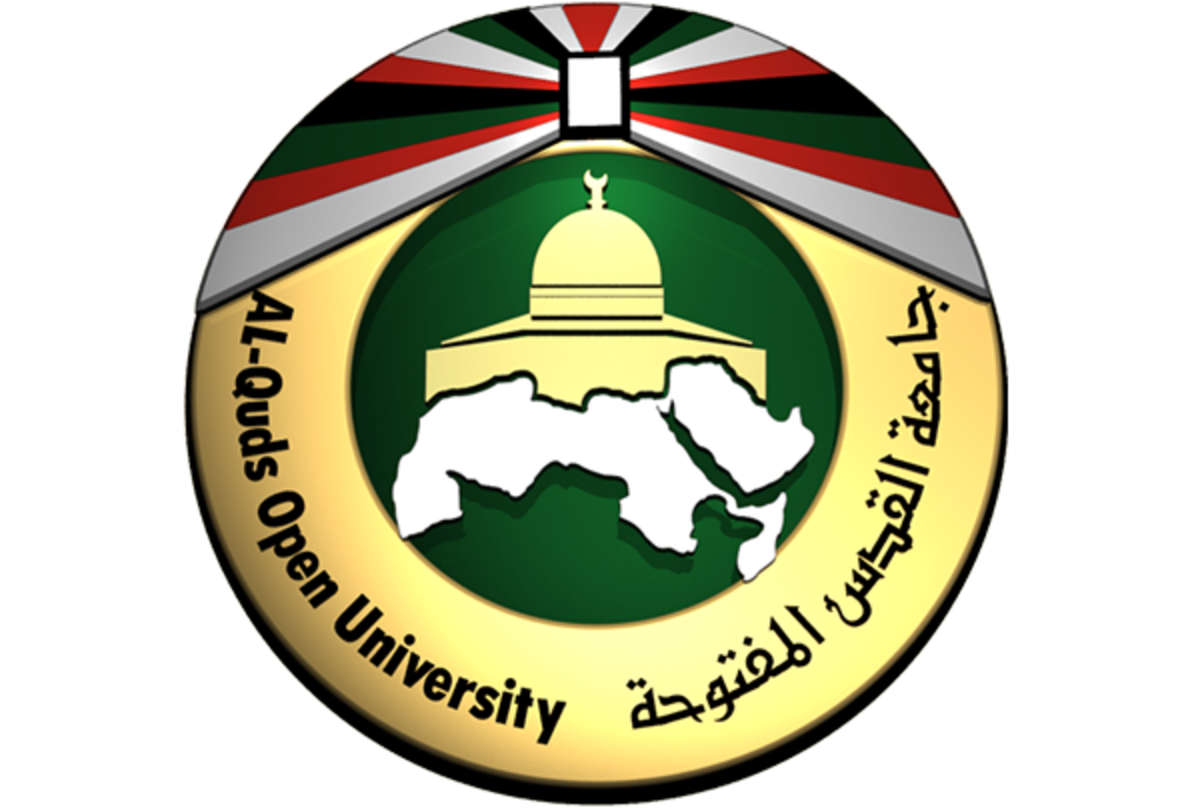Journal of Al-Quds Open University for Educational & Psychological Research & Studies

Abstract
The study aimed to identify the role of interdisciplinary studies in the educational field in Saudi universities to achieve the quality of educational research. The current study used the descriptive method and applied a questionnaire to a random sample of 375 faculty members from Saudi universities. The study concluded a number of results including: The reality of interdisciplinary studies in the educational field in Saudi universities obtained a medium degree of approvement, while the benefits of partnership in interdisciplinary studies in the educational field in Saudi universities to achieve the quality of educational research was highly approved. Obstacles to conducting interdisciplinary studies in the educational field in Saudi universities were also highly approved. In addition, there are differences in the dimensions of the questionnaire among different universities in favor of Imam Abdul Rahman Bin Faisal University. The current study revealed differences between males and females in favor of males, and there are differences in favor of age less than 10 years. Also, there are differences in favor of a lecturer and an associate professor for the first item and an assistant professor for the second and third items and the total. Furthermore, there are differences in the first item in favor of psychology, for the second item and the total in favor of special education, and the third item in favor of curriculum and teaching methods. A set of instructions have been developed to activate interdisciplinary studies in the educational field in Saudi universities and their role in the quality of the educational research.
Recommended Citation
Ahmari-A, Ilham Mohammed Ali
(2021)
"Interdisciplinary Studies in the Educational Field in Saudi Universities and Their Role in the Quality of Educational Research: Field Study,"
Journal of Al-Quds Open University for Educational & Psychological Research & Studies: Vol. 12:
No.
37, Article 4.
Available at:
https://digitalcommons.aaru.edu.jo/jaqou_edpsych/vol12/iss37/4

